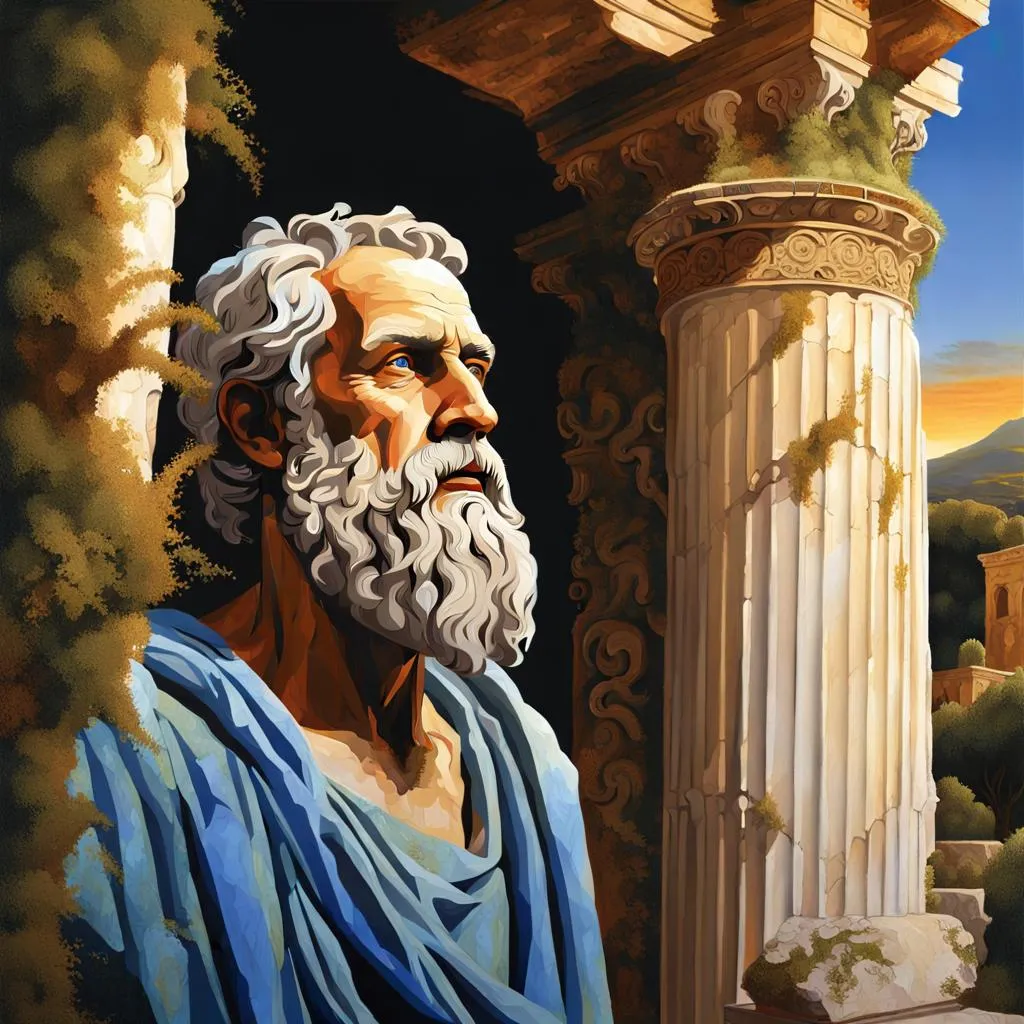
The Great Chain of Being was once a dominant concept that provided a vertically ranked hierarchical structure to the universe, with God at the top, followed by angels, humans, animals, and inanimate objects at the very bottom. During the Middle Ages, when Christianity held significant influence, this divine hierarchy was deeply embedded in every institution. Systems like Scholasticism, which sought to reconcile Christian theology with classical philosophy (especially the works of Aristotle), promoted the Great Chain of Being as a way to explain the natural order.
Fast forward to today, in a modern world largely free from the miasma of theology, we find ourselves oriented around a different kind of chain, one that has always mattered as long as human beings have existed. Roll out the red carpet for the Great Economic Chain: production, distribution, exchange, and consumption. Yes, this is within the realm of the “dismal science”—economics. But we don’t need to delve deeply into the study or discipline to appreciate that economics saturates our everyday lives. The Great Economic Chain forms the essential law of motion for all goods and services. It’s a process that we often take for granted, until a disruption occurs.
The concept “Without production, no consumption” is straightforward, akin to the “No farmers, no food” slogan, which emphasises the essential role farmers play in food production. Yet, this simple notion—“Without production, no consumption”—captures an often overlooked economic principle. It is the great, fundamental phenomenon that keeps human society ticking over.
We start with production and consumption, the alpha and omega of the Great Economic Chain. Though inherently interconnected, these processes are also opposites to one another. Production is the origin point from which all economic activities flow, making it the bedrock of the entire economic structure. It involves creating something new, while consumption signifies the endpoint—the use and purpose for which the item was produced; to give it a philosophical gloss we can say a commodity realised its telos for existing upon its function being used.
However, consumption is not merely an endpoint; it is a form of production in itself. Just as consuming food sustains our bodies, all forms of consumption contribute to the ongoing process of human development and societal growth. Thus, the consumption of goods is both an act of personal gratification and a crucial link in the production cycle. When we use products, we not only satisfy our immediate needs but also support the continuous production of those goods, ensuring the vitality of the economic chain. Every act of consumption is, in essence, a vote for the continuation of production, keeping the wheels of society turning. For example, when we buy our favourite breakfast cereal, our purchase ensures further production, making sure we’ll see that brand again on the shelf next time we shop. In this way, our participation fuels a continuous loop of economic activity.
Distribution in this context is about proportion, ensuring that the produced goods are shared out among the members of society. Modern industrial civilisation has brought us unparalleled abundance, meeting our basic needs and more. Where once there were dirt roads cutting through wilderness untouched by humanity, we now have tarmac roads and motorways stretching across the entire country, creating a distribution network that resembles the blood vessels of the human body. This transport infrastructure ensures our benefit, so that goods reach every corner of society. It is a crucial network; any community, whether a small village or a sprawling city, relies on either its own production or the production of other cities, towns, or even distant counties to receive goods it cannot produce.
We can easily imagine the effects of disruptions in production and distribution, but what about exchange? What form could that take? To better appreciate this, consider an illustration rooted in our modern capitalist civilisation, where the fundamental commercial process of buying and selling dominates. Disruptions in exchange mechanisms can have severe consequences. For instance, if farmers are unable to trade their produce, consumers would face food shortages, while producers might be left with surplus goods that could spoil, leading to waste and financial loss. Similarly, if people are unable to access essential goods or if unemployment rises due to a breakdown in labour exchange, frustration and anger can build, leading to protests, strikes, or even more severe forms of social instability. The stability of a society is closely linked to its economic well-being, and any disruption in the exchange of goods and services poses a significant threat to this stability.
Philosophers like Aristotle argued that humans are “political animals” (zoon politikon), naturally inclined to live in communities. Our reliance on the support and cooperation of others, many of whom we may never meet, is essential for our sustenance, security, and social fulfilment. Aristotle’s notion underscores that living outside of society contradicts human nature, unless one possesses extraordinary self-sufficiency (like a god) or lacks essential human qualities (like a beast). It is this fundamental aspect of human nature—our “species being”—that enables the existence and functioning of the Great Economic Chain. Our need to live in communities and cooperate economically through the medium of labour is a direct extension rooted in our social nature.
Aristotle’s concept of humans as “political animals” provides a profound foundation for understanding the Great Economic Chain as a natural extension of human social nature. Aristotle argued that human beings are naturally inclined to form communities because, on their own, they cannot achieve self-sufficiency. This fundamental need for cooperation reflects the very essence of economic activity. The Great Economic Chain—comprised of production, distribution, exchange, and consumption—depends on the interconnectedness of individuals who contribute to and benefit from the collective whole. Just as no one person can meet all of their needs independently, no single entity in the economic chain can function without the participation of others. Each person, whether a producer or consumer, relies on the labour, goods, and services of others, forming a web of interdependence that mirrors Aristotle’s vision of communal life. This inherent social bond, expressed through economic exchange, reinforces the idea that humans thrive not in isolation but through cooperative endeavours that drive both societal growth and individual fulfilment.

